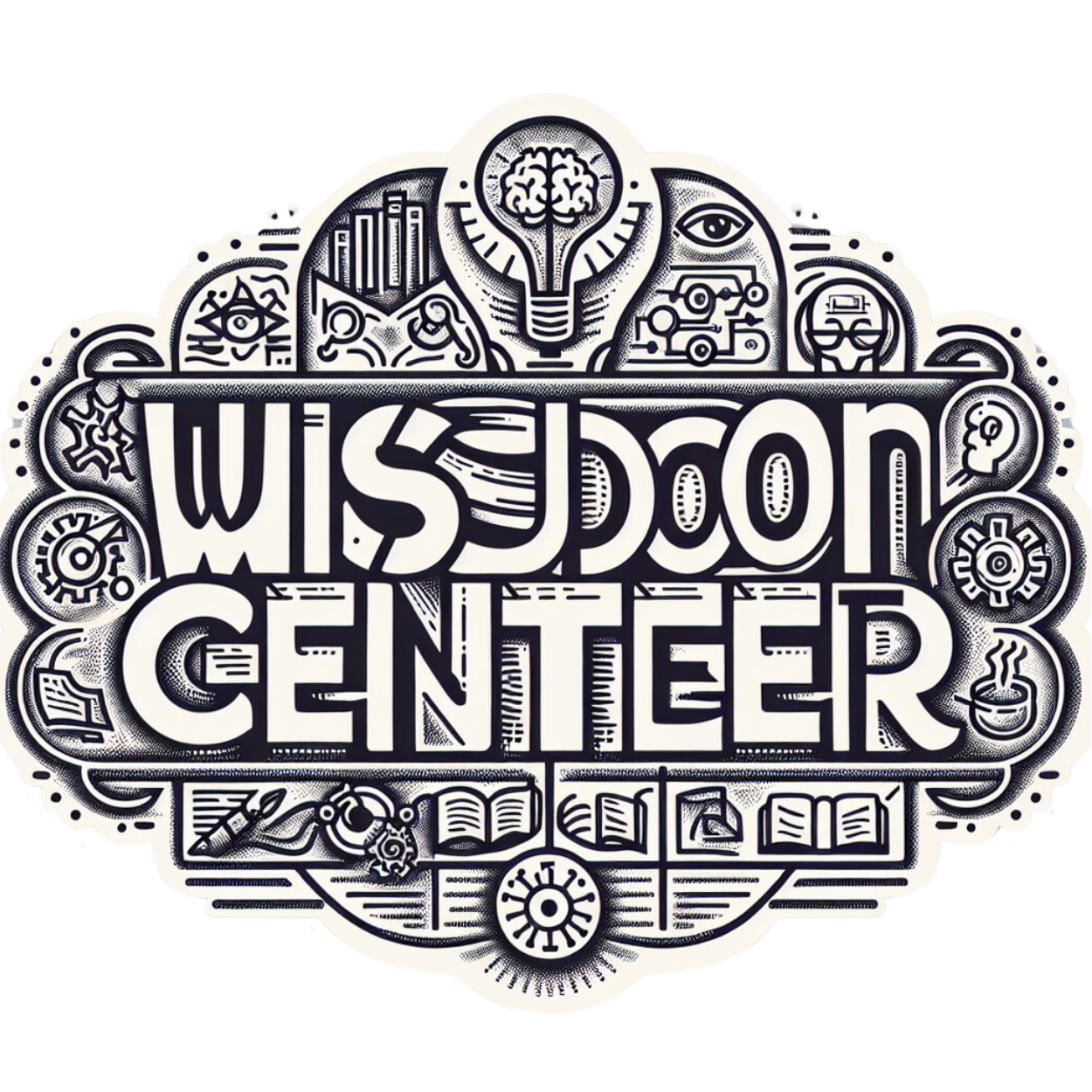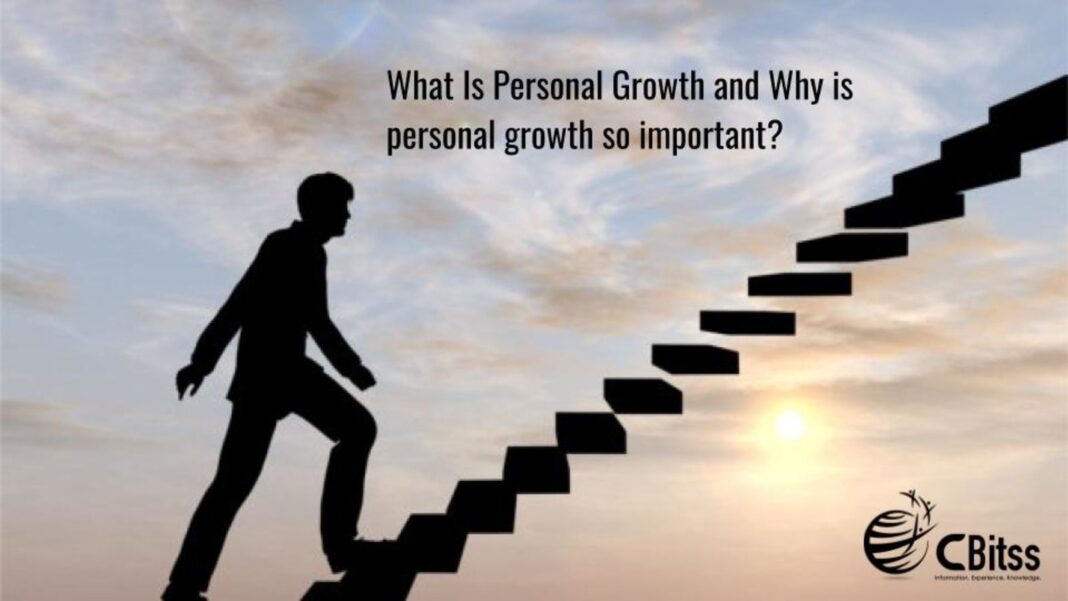In an era characterized by rapid technological advancements and digital proliferation, wisdom traditions—rooted in ancient philosophies and practices—offer invaluable insights into personal growth and well-being. These timeless teachings, which have guided countless generations, provide a counterbalance to the often chaotic and fragmented nature of modern life. Understanding how these traditions can be integrated into contemporary practices offers a pathway to enhanced self-awareness, mental health, and overall fulfillment.
The Relevance of Wisdom Traditions Today
Wisdom traditions, including Eastern philosophies such as Buddhism and Confucianism, as well as Western traditions like Stoicism and Sufism, have long emphasized the cultivation of inner peace, resilience, and ethical living. Despite the technological advancements and cultural shifts, these teachings remain relevant because they address fundamental aspects of the human condition. They offer practical tools for navigating stress, uncertainty, and the constant barrage of information characteristic of the digital age.
Principles of Wisdom Traditions
- Mindfulness and Presence
One of the core principles found in many wisdom traditions is the practice of mindfulness—being fully present and engaged in the current moment. This concept is central to Buddhism and has been embraced by modern psychological practices like mindfulness-based stress reduction (MBSR). In the digital age, where distractions are abundant and attention spans are shrinking, mindfulness practices help individuals develop greater focus and emotional regulation. By fostering an awareness of thoughts and feelings without judgment, mindfulness encourages a balanced approach to handling life’s challenges.
- Stoicism and Emotional Resilience
Stoicism, a philosophy originating in ancient Greece, teaches the importance of focusing on what is within one’s control and accepting what cannot be changed. This principle is especially pertinent in today’s fast-paced world, where individuals often feel overwhelmed by external pressures and uncertainties. Stoic practices, such as reflecting on daily events and maintaining a sense of inner calm, provide strategies for building emotional resilience. This approach helps individuals manage stress more effectively and maintain a sense of equanimity amidst chaos.
- Ethical Living and Compassion
Wisdom traditions often emphasize the importance of ethical living and compassion towards others. Confucianism, for example, advocates for the cultivation of virtues such as kindness, respect, and integrity. In the digital age, where interactions can sometimes become impersonal and superficial, these teachings remind individuals of the value of genuine human connections and ethical behavior. By prioritizing compassion and ethical considerations, individuals can foster healthier relationships and contribute positively to their communities.
- Self-Reflection and Personal Growth

Practices such as meditation, journaling, and philosophical inquiry are central to many wisdom traditions and serve as tools for self-reflection and personal growth. These practices encourage individuals to examine their thoughts, behaviors, and motivations, leading to greater self-awareness and a deeper understanding of one’s purpose. In the context of the digital age, where individuals are often bombarded with external influences, self-reflection helps in cultivating an authentic sense of self and aligning one’s actions with personal values.
Integrating Wisdom Traditions into Modern Life
- Digital Detox and Mindful Technology Use
In a world where technology pervades nearly every aspect of life, integrating wisdom traditions can involve practices such as digital detoxes and mindful technology use. Setting boundaries for screen time, engaging in technology-free activities, and using digital tools intentionally can help maintain a healthy balance between online and offline life. Incorporating mindfulness into technology use, such as taking moments to pause and reflect during digital interactions, can enhance overall well-being.
- Adopting Stoic Practices for Stress Management
Applying Stoic principles to modern stress management can be highly effective. Techniques such as the “negative visualization” exercise—imagining potential challenges and preparing mentally for them—can help individuals develop a more resilient mindset. Additionally, maintaining a daily practice of reflecting on one’s responses to various situations can foster greater emotional control and reduce the impact of external stressors.
- Cultivating Compassion in Digital Interactions
Embracing ethical living and compassion in the digital realm involves fostering respectful and empathetic interactions. Engaging in positive online communication, avoiding harmful behaviors such as cyberbullying, and supporting others in digital spaces contribute to a healthier online environment. By applying the principles of compassion and integrity, individuals can enhance the quality of their digital interactions and build supportive online communities.
- Incorporating Self-Reflection Practices
Integrating self-reflection practices into daily routines can enhance personal growth and well-being. Setting aside time for meditation, journaling, or philosophical contemplation can provide opportunities for introspection and self-improvement. In the context of a busy digital life, creating dedicated moments for self-reflection can help individuals stay grounded and focused on their personal development goals.
Conclusion
Wisdom traditions offer timeless insights that are remarkably relevant in the digital age. By incorporating practices such as mindfulness, Stoic resilience, ethical living, and self-reflection, individuals can navigate the complexities of modern life with greater ease and fulfillment. Embracing these ancient teachings not only enhances personal growth and well-being but also fosters a more balanced and compassionate approach to living in a technologically driven world.



